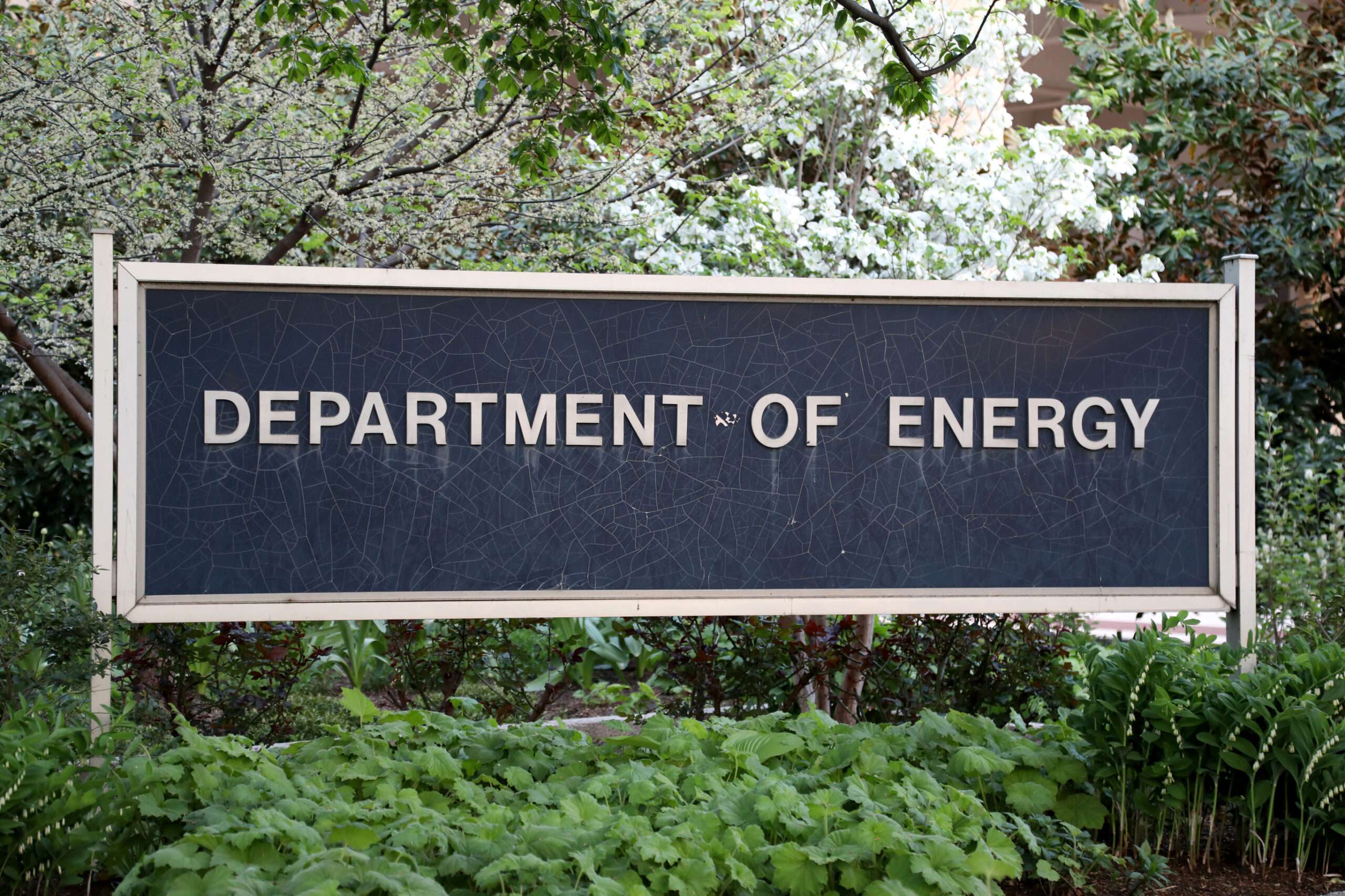The Department of Energy Mishandled Almost $1 Billion in 2024
The Department of Energy (DOE) has garnered attention for significant fraud and mismanagement, as highlighted in its Fiscal Year (FY) 2024 performance report from the Office of Inspector General (OIG). This report identifies nearly $1 billion in wasteful spending, which includes $814 million in questioned costs and $123 million in funds that could be allocated more effectively. The OIG also indicated that $25 million was either returned to the agency or allocated for restitution and penalties. These financial discrepancies raise concerns regarding oversight within the DOE, pointing to the larger issue of government inefficiencies that are often seen in various federal departments.
A particularly troubling instance of waste was reported at Argonne National Laboratory, managed by UChicago Argonne, LLC. An audit of FY 2019 expenditures revealed that the laboratory utilized improper accounting methods and failed to adequately review subcontractor costs, leading to nearly $232.5 million in questionable expenditures. This case highlights the critical need for stringent financial audits and proper management of public funds to minimize opportunities for fraud. A proactive approach in auditing can help mitigate such issues in the future and enable better allocation of taxpayer dollars.
The National Nuclear Security Administration (NNSA) faced similar scrutiny regarding a contract with NORESCO to enhance energy efficiency at a Texas facility. This agreement, believed to guarantee reduced energy costs, resulted in a significant oversight, with over $6 million paid for energy savings that were never realized between 2018 and 2021. The Inspector General’s report shed light on this financial mismanagement, leading to the termination of the NORESCO contract and an anticipated taxpayer saving of $2.5 million. This situation underscores the challenges inherent in managing long-term contracts and the need for rigorous contract oversight.
Additionally, the DOE’s lack of proper vetting processes raised alarms when it awarded a $100 million grant to a company under investigation for potentially breaching U.S. laws regarding semiconductor exports to China. The failure to disclose this investigation led the agency to reverse the grant allocation after intervention from the Inspector General. Such oversights not only endanger taxpayer money but also compromise national security. The ongoing investigation serves as a reminder of the importance of thorough checks on grant applicants and the protection of public resources.
The performance report reveals an alarming trend regarding the vast amounts of funding available for federal energy projects. With over $4 billion at risk of fraud due to inadequate oversight in application processes, the Inspector General warns that the potential for fraud is set to escalate. The budget for the Loans Program Office has ballooned from $17.2 billion in 2021 to over $400 billion, fueled by recent legislation like the Inflation Reduction Act. The impending expirations of substantial funding amounts by FY 2026 and FY 2030 further intensify the pressure on the DOE to distribute these funds quickly, increasing the risk of fraudulent activities.
The substantial identified waste—almost $1 billion—though seemingly small in the context of government spending, reflects a disturbing trend that demands immediate attention. With the prospect of a new administration, particularly the incoming Trump administration, there are calls for comprehensive reforms to eliminate reckless federal spending. Canceling the Inflation Reduction Act might help curb future fraud risks but would require bipartisan support that may be difficult to achieve due to regional political dynamics benefitting from the legislation. This situation emphasizes an urgent need for a reevaluation of spending practices across federal agencies to enhance accountability, transparency, and efficiency in government operations.
Share this content:












Post Comment